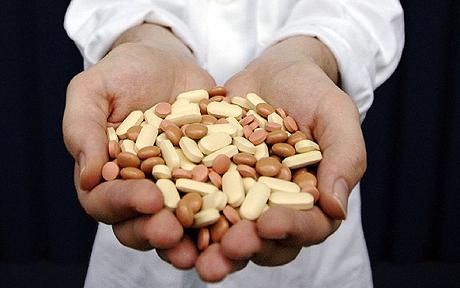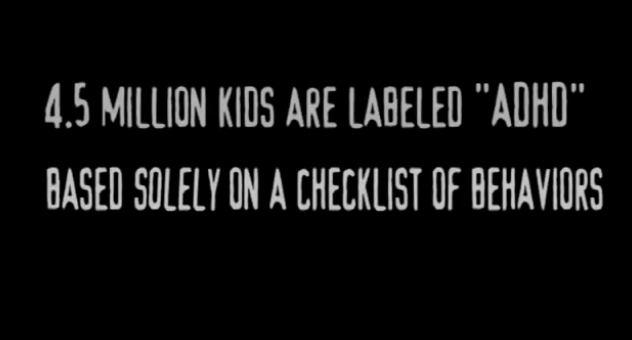
New Study Confirms: Millions of kids misdiagnosed with ADHD and drugged
by CCHR Int—A new study published today in the American Journal of Family Therapy has found that millions of children have been misdiagnosed with Attention Deficit Hyperactivity Disorder (ADHD) and wrongly prescribed amphetamine-like drugs categorized by the U.S. Drug Enforcement Administration (DEA) in the same class of highly addictive drugs as cocaine, opium and morphine.
The study conducted by researchers at the New England Center for Pediatric Psychology and the Rhode Island College Department of Special Education found that of the “over 5 million children who are now being treated with ADHD medication, a majority may be suffering from Faux-ADHD, a disorder linked to irregular bedtimes” and that a majority of the children diagnosed ADHD may be unnecessarily medicated. Now while we at CCHR applaud any study on the issue of “ADHD” which is not ghost written by Big Pharma or those with a vested interest in drugging kids, we would like to pose two simple questions regarding this latest study…




